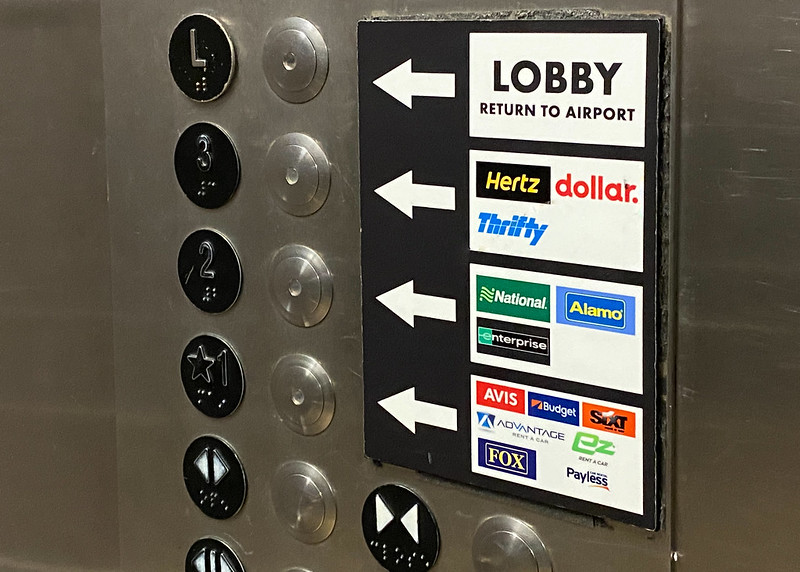Panama’s Copa Airlines is increasing its surcharge for tickets issued in Amadeus, Sabre and Travelport from $12 to $18 per direction.
The fee hike takes effect from April 3, 2023 — coinciding with when American Airlines removes 40 percent of its own airfares from these same retail channels.
In both cases, the airlines are pushing travel agencies and other retailers to move towards so-called New Distribution Capability. This is a technology standard developed by the International Air Transport Association, and it aims to give airlines more control over their airfares, rather than rely on global distribution systems, such as Sabre, Amadeus and Travelport.
What’s interesting is that up until now, Europe’s airlines were the ones adding expensive fees to encourage adoption. Now it seems to be catching on in the Americas region.
In March 2022, Copa Airlines said that Copa Connect would be the best way for travel agencies to access its fares, schedules, and other content. “Through Copa Connect, agencies will be able to provide their clients better offers in a more innovative and efficient way. Among the benefits are: access to better fares, exclusive sales promotions, access to ancillary products, and others,” it said.
Since September it has added a $12 Distribution Cost Recovery Surcharge. Reports on social media suggest the increase to $18 will apply April 3.
Copa Airlines’ website reflects that: “A fixed amount of $18 will be charged per direction (or each “one-way” of the trip) whenever Copa Airlines participates as the marketing carrier regardless of the operating or ticketing carrier,” says its FAQ document.
The American Society of Travel Advisors, which represents 160,000 travel agency workers, this month asked American Airlines to push back its move date to the end of the year. It argues that withholding such a substantial portion of its fares from “critical independent distribution channels” will have a negative impact on corporate travelers.
Copa Airlines recently expanded its direct connection partnership, through New Distribution Capability, with Envision Tecnologia, according to reports.
It’s currently one of the world’s most profitable carriers too, thanks in part to the location of its Panama City hub.
